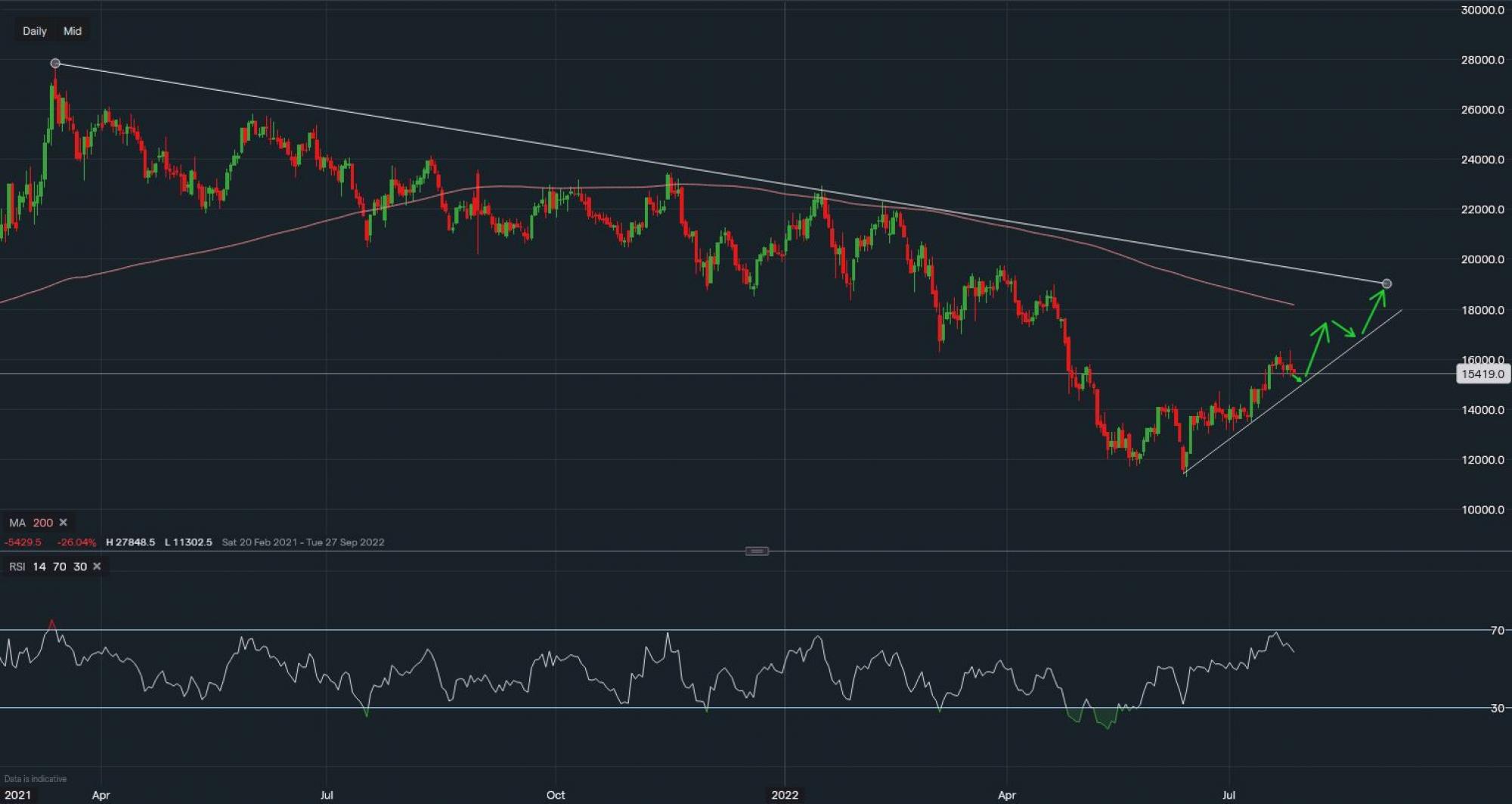Test- FTSE 100 Kicks Off August on a High as BP and Senior Lead Market Momentum
$11
10 Oct 2025, 13:13


Boeing (NYSE:BOE) is a Household name in the aviation industry, specialising in commercial and defence technology with technology, services and products tailored for satellites, defence, military aircraft and advanced communication systems. Boeing supports over 150 US and allied government countries.
FinancialsBoeing's total market cap sits at $91.25Bn with Q2 revenue at $16.7Bn, down 2% YoY which was also primarily due to lower 737 deliveries. Net income for the quarter came in at $160m which was down 72% YoY. EPS came in below analysts' expectations at –$0.37 based on Non-GAAP reporting, however, based on GAAP, they actually had a positive EPS of $0.32. Despite this, for the 6 months ending June 30, Boeing remains at a $1.02bn loss with a negative EPS of -$1.73.
Looking at the balance sheet, total cash ending Q2 was strong at $10bn with total assets amounting to $135.5bn. ($79.9bn was inventory). Looking at the liabilities, total debt equated to $150.2bn, leaving Boeing in negative equity of around $14.8bn, which is no change YoY. While this may be a concern with other companies, given Boeing's duopoly on the aviation market with Airbus, it's something which can be overlooked.
TechnicalsFrom a technical aspect, while there is some tough resistance above, support is also below at around $149. A break here could take Boeing towards $141 and then the lows of $116. Towards the upside, a test of $149 followed by a rally towards the 200 SMA at $178 seems like a possible scenario. Further upside brings about longer-term downtrend resistance at $189. A clear break here and the stock could head towards $200. RSI reads 58 with MACD turning slightly negative.
SummaryBoeing looks to be an undervalued stock at the moment. The aviation giant, although missing expectations, remains a household name in the aviation industry and with plans for 2022 free cash flow. it seems Boeing is still settling into the year, although slower growth can be primarily caused by a drop in demand by the defence side of the business due to other macro-economic reasons the earnings, although down, still show a healthy picture: cash equivalents are at a high and the company did turn a profit in Q2. The question on most investors' minds, however; is it a better stock than Airbus?